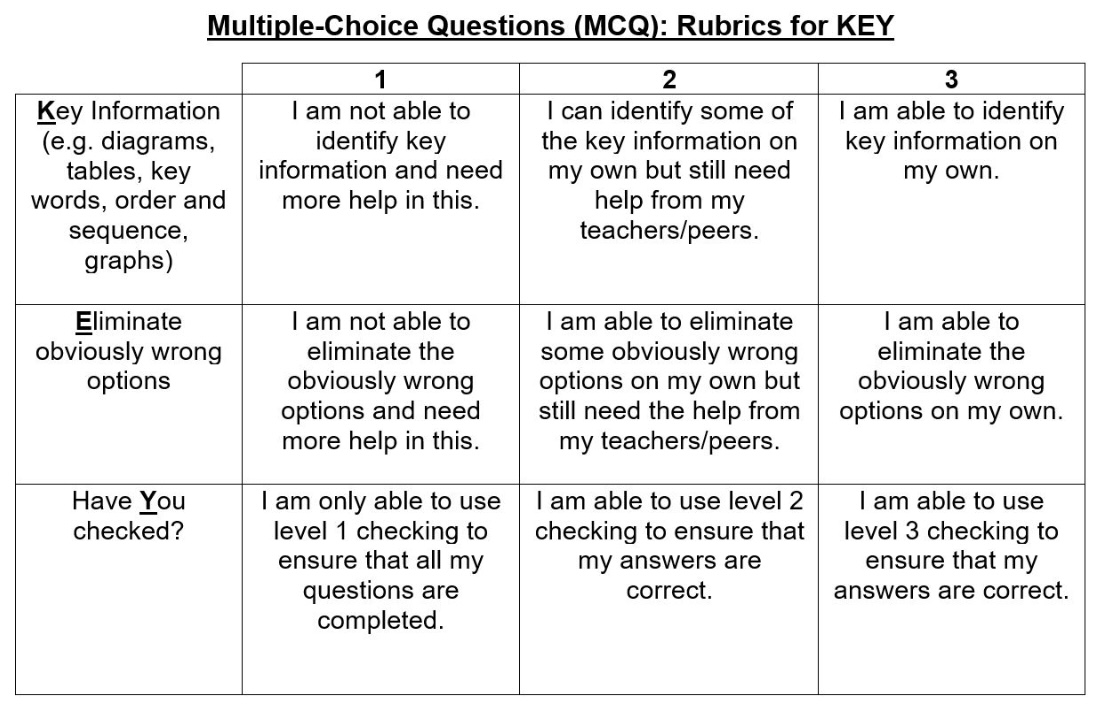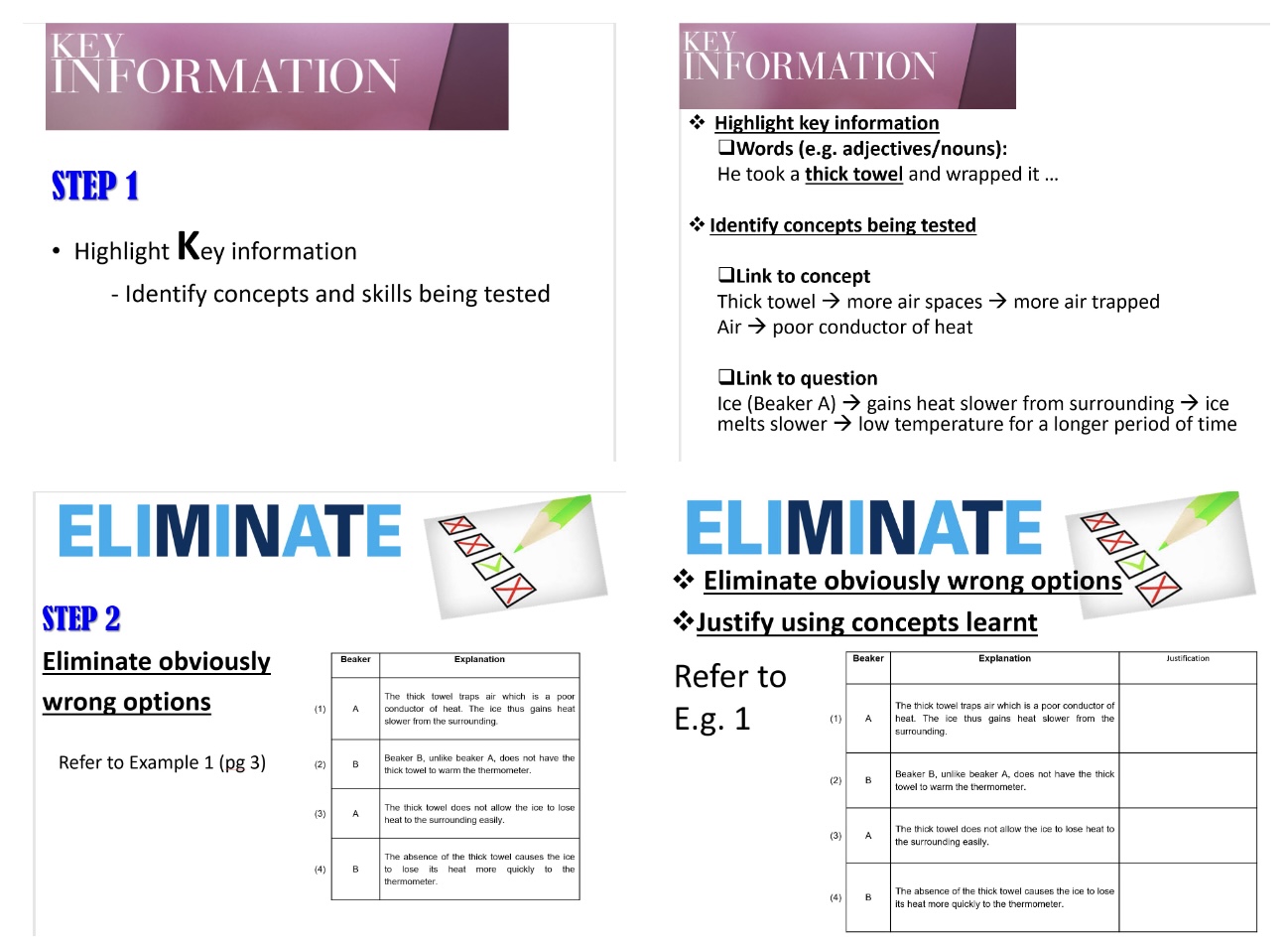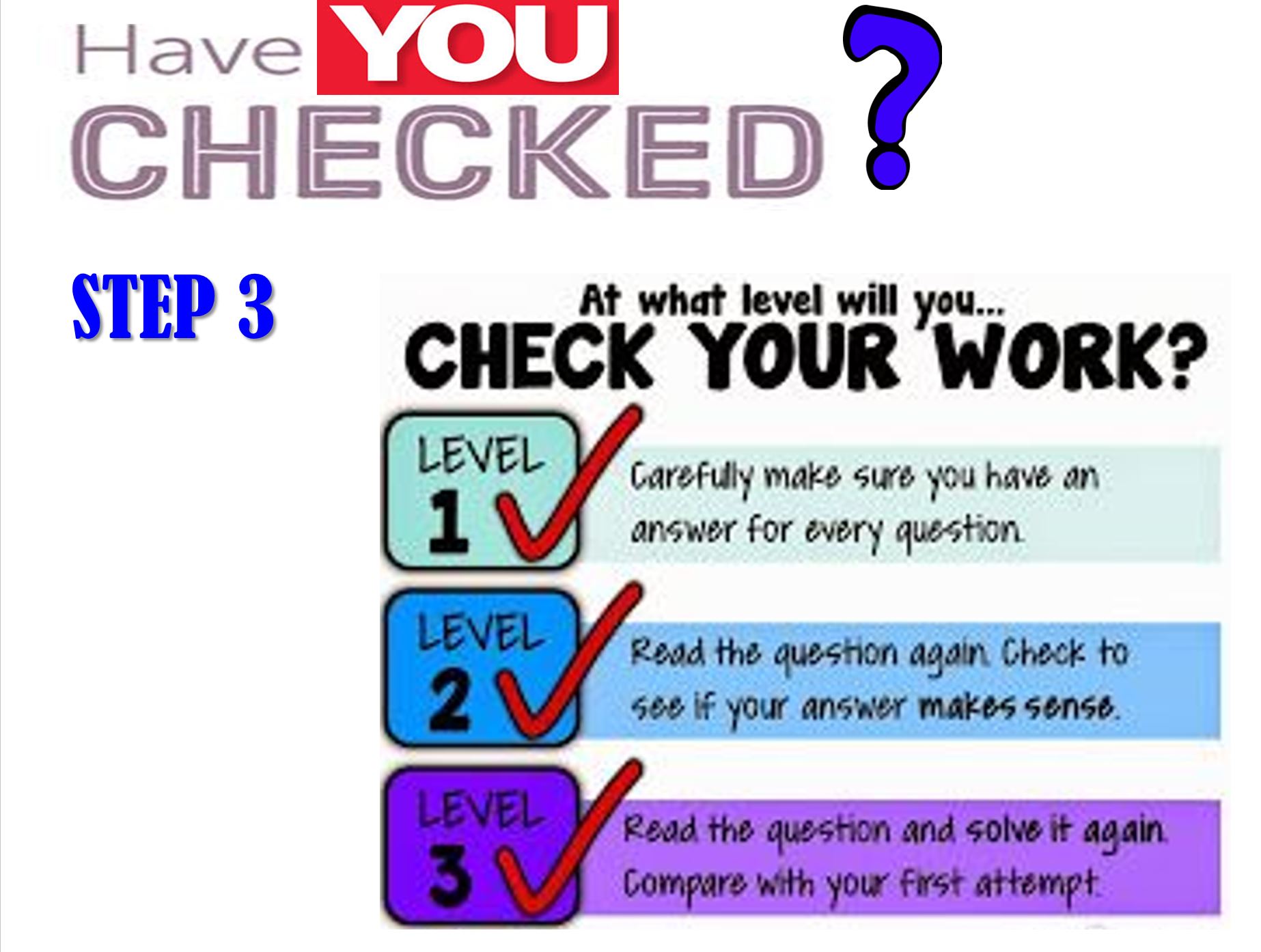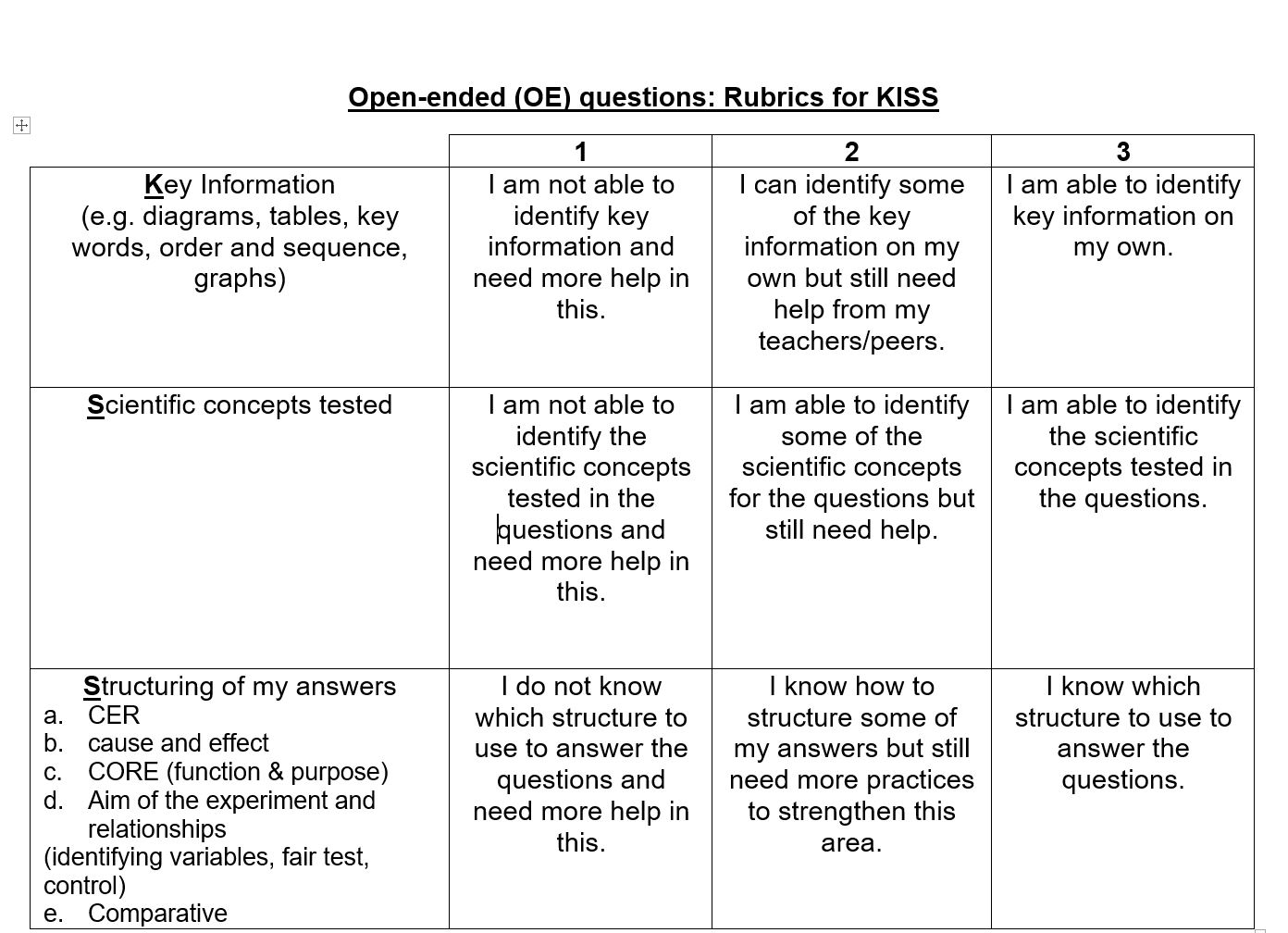What’s up in class?
Teaching Science as inquiry must go beyond merely presenting the facts and the outcomes of scientific investigations. Through inquiry learning, we hope that every pupil from West View will:
-
be curious about their environment
-
question their observations around them
-
investigate and explore the scientific concept further
-
reflect on their findings with reasoning
Investigate and Explore (I & E) Activities
Through I & E activities during science lessons, teachers actively
engage the pupils by leading them to acquire:
-
fundamental science concepts, principles and theories
-
application of skills and processes of scientific inquiry
-
develop attitudes and values that are essential for scientific inquiry.
I & E activities seek to enhance the learning experiences for pupils. Rather than memorising facts, pupils are given opportunities to explore the concepts collaboratively. This will bring about curiosity among the pupils. Eventually, we hope our pupils will develop a passion for Science through this investigative and explorative approach.

|

|

|
Explicit teaching of scientific process skills
Scientific process skills are critical for pupils to investigate and explore
scientific concepts further. As such, opportunities are provided for pupils
to use scientific concepts and integrate skills and processes to inquire
about the things around them. Explicit teaching of process skills are conducted
termly with progression of skills as pupils advance through the different
levels. Hence, these level-appropriate skills packages are designed to
customise to the needs of the pupils based on their readiness.
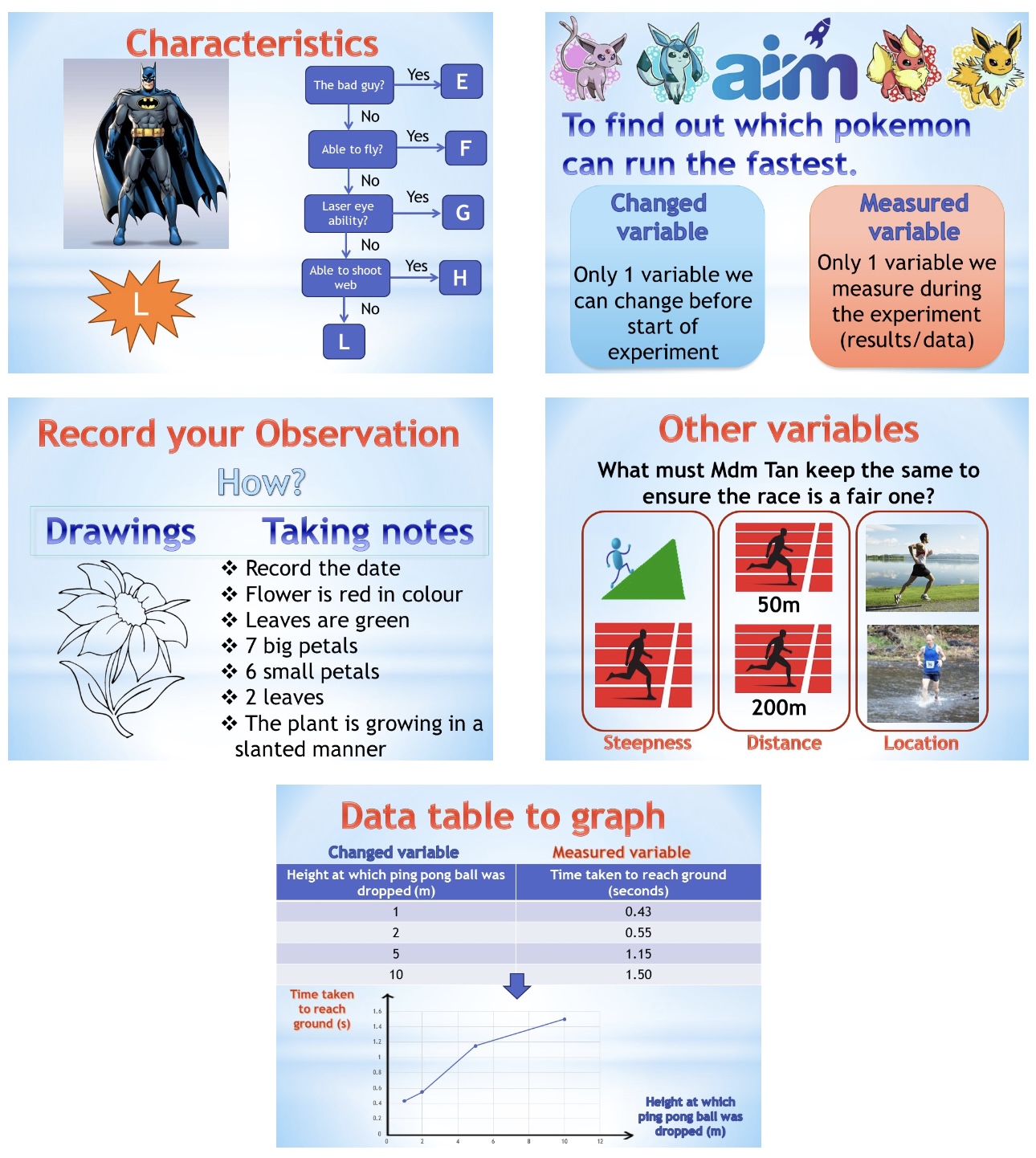
Questioning
As facilitators in the classroom, teachers adopt various questioning techniques
to invoke the spirit of curiosity among the pupils. Opportunities are also
provided during Science lessons for pupils to ask questions. Through this
two-way communication and questioning between teachers and pupils, it allows
teachers to gather information on the pupils’ ‘frame of mind’ and the quality
of their understanding.

Answering strategies
To support pupils in the application of knowledge and skills in the context
of the questions/situations, the following answering strategies were developed.
These provide a thinking structure for the pupils in organising their thoughts
as they demonstrate application of knowledge and skills in the context
given in the questions.
The answering strategies are progressive in nature and are in tandem with the explicit teaching of process skills to ensure alignment to pupils’ readiness level.
|
Multiple-choice questions (MCQ): KEY Open-ended (OE) questions: KISS |
